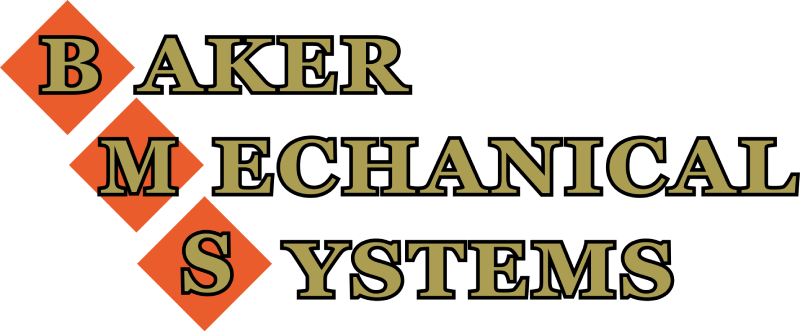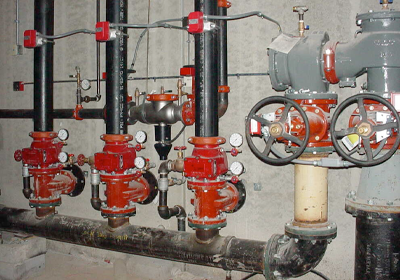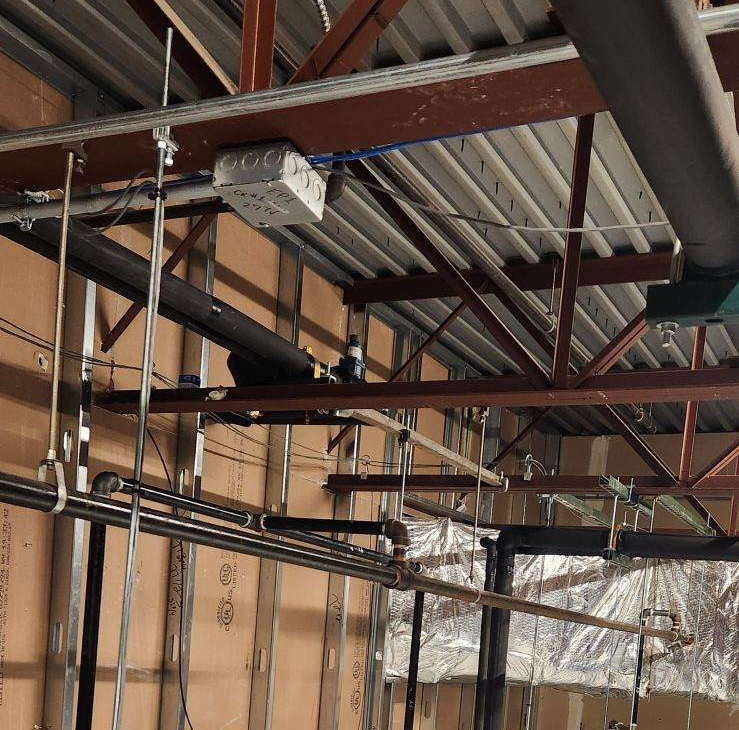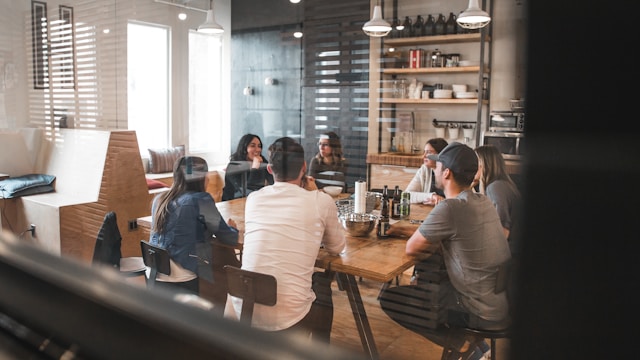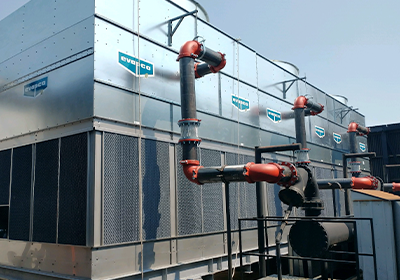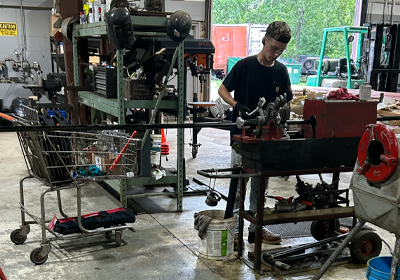Blog
How to Prevent Plumbing Issues in Commercial Buildings During Fall
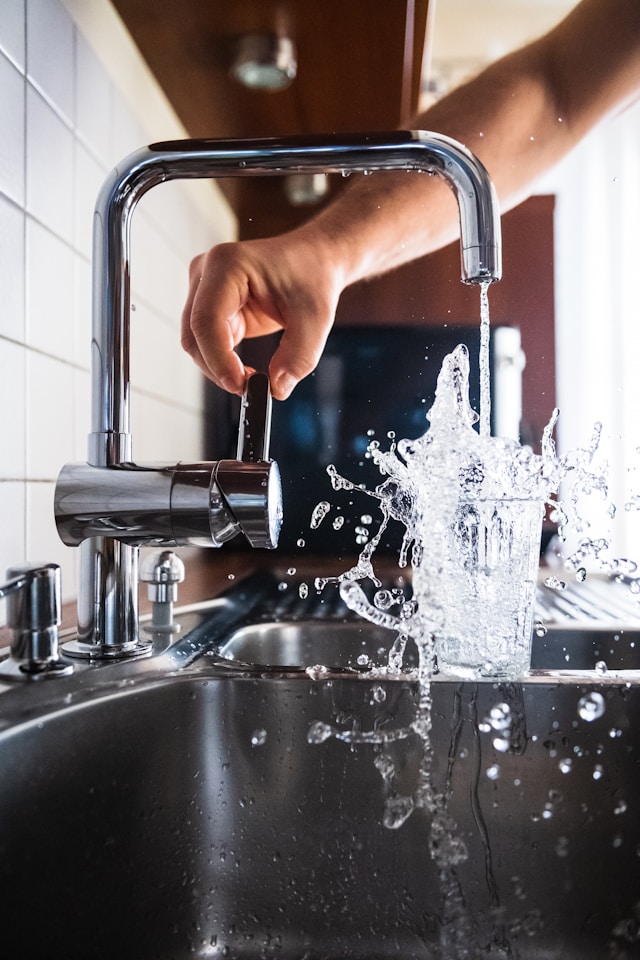
As the leaves change color and temperatures begin to drop, it’s important to start preparing your commercial building’s plumbing system for the colder months ahead. Fall is a critical time to address potential plumbing issues that could lead to costly repairs or disruptions during the winter. By taking proactive steps now, you can prevent common plumbing problems and keep your building’s water systems running smoothly all season long.
In this article, we’ll cover the key preventative measures to help you avoid plumbing issues in your commercial building this fall.
1. Schedule a Professional Plumbing Inspection
The first and most important step in preventing plumbing issues during fall is to schedule a professional inspection of your building’s plumbing system. A certified plumber can identify any existing or potential issues that need attention before the colder months arrive. During an inspection, the plumber will check for:
- Leaks in pipes, faucets, or fixtures
- Corrosion or weak spots in pipes
- Proper drainage and venting
- Insufficient insulation on exposed pipes
A thorough inspection will ensure your plumbing system is ready to handle the demands of fall and winter. Don’t wait until a problem arises—schedule your inspection today with Baker Mechanical Systems.
2. Insulate Exposed Pipes
As temperatures drop, exposed pipes are at a higher risk of freezing, which can lead to bursts and significant water damage. This is especially important for commercial buildings with pipes located in unheated areas, such as basements, crawl spaces, or outdoor walls. Adding insulation to these pipes helps prevent freezing and ensures that your building’s plumbing continues to function properly.
There are a variety of insulation options, from foam pipe sleeves to heat tape, that can protect your pipes from cold weather. A professional plumber can recommend the best solution for your building based on its layout and the climate.
3. Check and Clean Gutters and Drains
During fall, leaves, dirt, and other debris often accumulate in gutters and drains. This can lead to clogs that cause water to back up and create pressure on your building’s plumbing system. If left unaddressed, clogged gutters and drains can lead to water damage, flooding, or even plumbing system failures.
Ensure that your gutters, downspouts, and drains are clear of debris. Regular maintenance and cleaning during the fall months can prevent water buildup and keep your plumbing system functioning smoothly. It’s also important to inspect storm drains and exterior drains for any blockages that could cause water to pool around your building’s foundation.
4. Test Water Heaters
As the weather cools, your commercial building’s water heater will be working harder to supply hot water. It’s crucial to test the water heater during fall to ensure it’s functioning properly and efficiently. Issues like faulty thermostats, sediment buildup, or malfunctioning pressure relief valves can reduce efficiency and lead to breakdowns when you need hot water the most.
Regular maintenance of your water heater, including flushing out sediment and checking the system for leaks, will extend its lifespan and prevent unexpected failures during the colder months. If your water heater is old or showing signs of wear, it may be time to consider a replacement before winter arrives.
Keep your water heater running efficiently this fall. Contact us today for professional water heater maintenance and inspections.
5. Inspect and Maintain Sewer Lines
Sewer lines are often overlooked, but they play a critical role in the overall health of your building’s plumbing system. Blockages, tree root intrusion, or cracked pipes can lead to sewer backups and costly repairs. Fall is a great time to inspect your sewer lines for potential problems before the ground freezes in winter, which can make repairs more difficult.
A professional plumber can use a camera inspection to check for any signs of damage or blockages in your sewer line. If issues are detected, they can be addressed with pipe cleaning, root removal, or repairs, preventing bigger problems down the road.
6. Shut Off and Drain Exterior Faucets
One of the most common causes of burst pipes in commercial buildings is frozen exterior faucets and hose bibs. As temperatures drop, any remaining water in these fixtures can freeze, causing the pipe to burst and leading to significant water damage inside the building.
To prevent this, it’s important to shut off the water supply to exterior faucets and hose bibs before temperatures dip below freezing. After shutting off the water, be sure to drain any remaining water from the pipes to eliminate the risk of freezing.
7. Address Leaks and Drips Immediately
Even a small leak or drip can turn into a major plumbing problem if left unchecked, especially as temperatures drop. Leaks waste water, increase utility costs, and can cause significant damage if they worsen. During fall, be sure to address any leaks or dripping faucets immediately.
Whether it’s a minor faucet drip or a larger pipe leak, prompt attention will save you from bigger headaches later on. Have a professional plumber inspect and repair any leaks to ensure your building is protected as winter approaches.
Don’t let small leaks become big problems—request plumbing repairs today with Baker Mechanical Systems.
8. Prepare for Increased Water Usage
Many commercial buildings experience an increase in water usage during fall and winter due to higher occupancy, heating needs, and holiday activities. Make sure your plumbing system is prepared to handle this increased demand. Inspect your water supply lines, fixtures, and appliances for signs of wear or inefficiency, and replace or upgrade them if necessary.
By preparing your plumbing system for higher water usage, you can avoid strain on your pipes and prevent potential system failures.
Rochester, NY Commercial Plumbing
Fall is the perfect time to take proactive steps to prevent plumbing issues in your commercial building. From insulating pipes to inspecting water heaters and clearing drains, these simple preventative measures can save you from costly repairs and disruptions later on. By addressing these key areas, you’ll ensure that your plumbing system is ready to handle the demands of the colder months.
Need help preparing your commercial plumbing for fall? Request a service today with Baker Mechanical Systems to ensure your building’s plumbing system is in top condition for the season.
‹ Back
